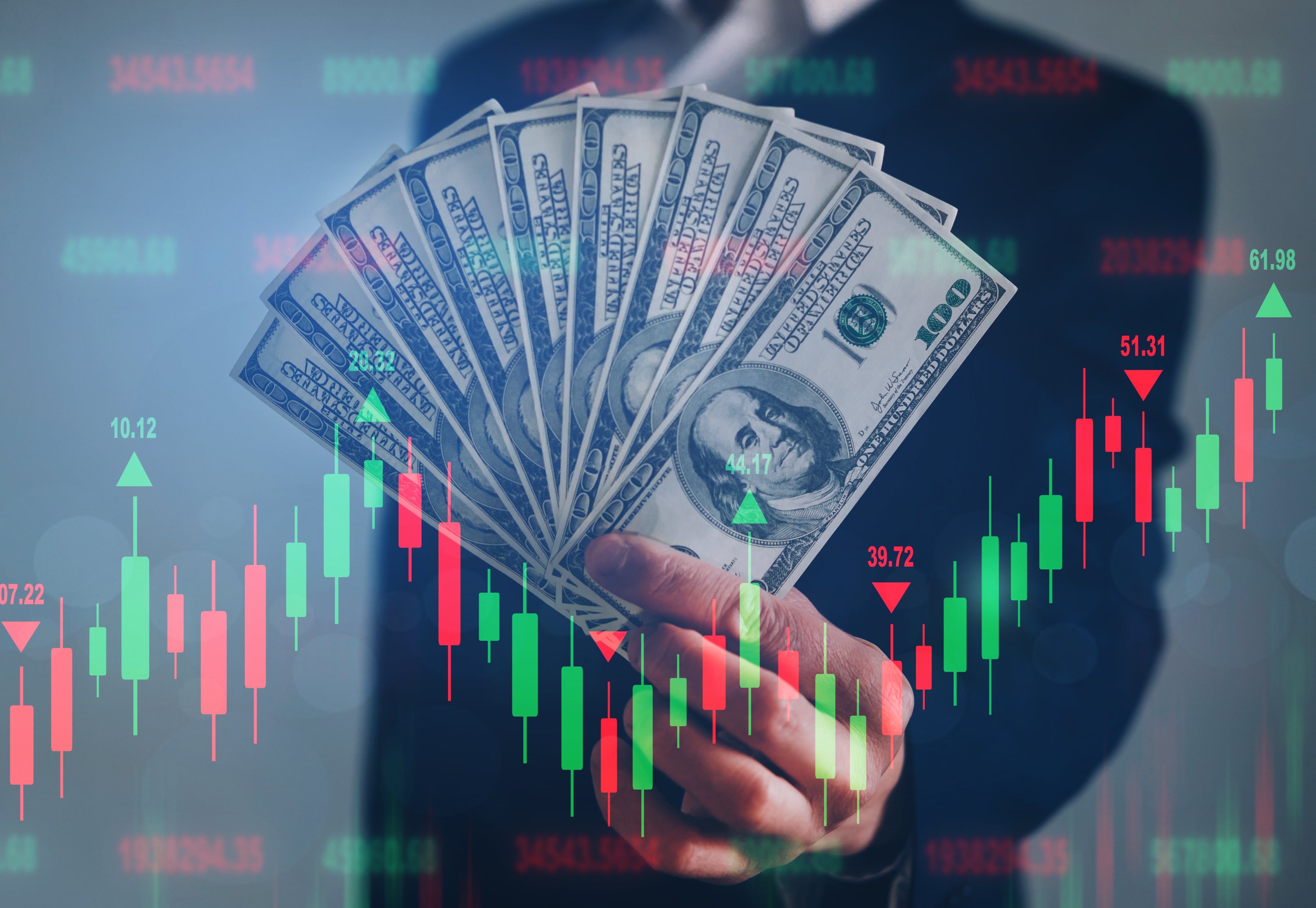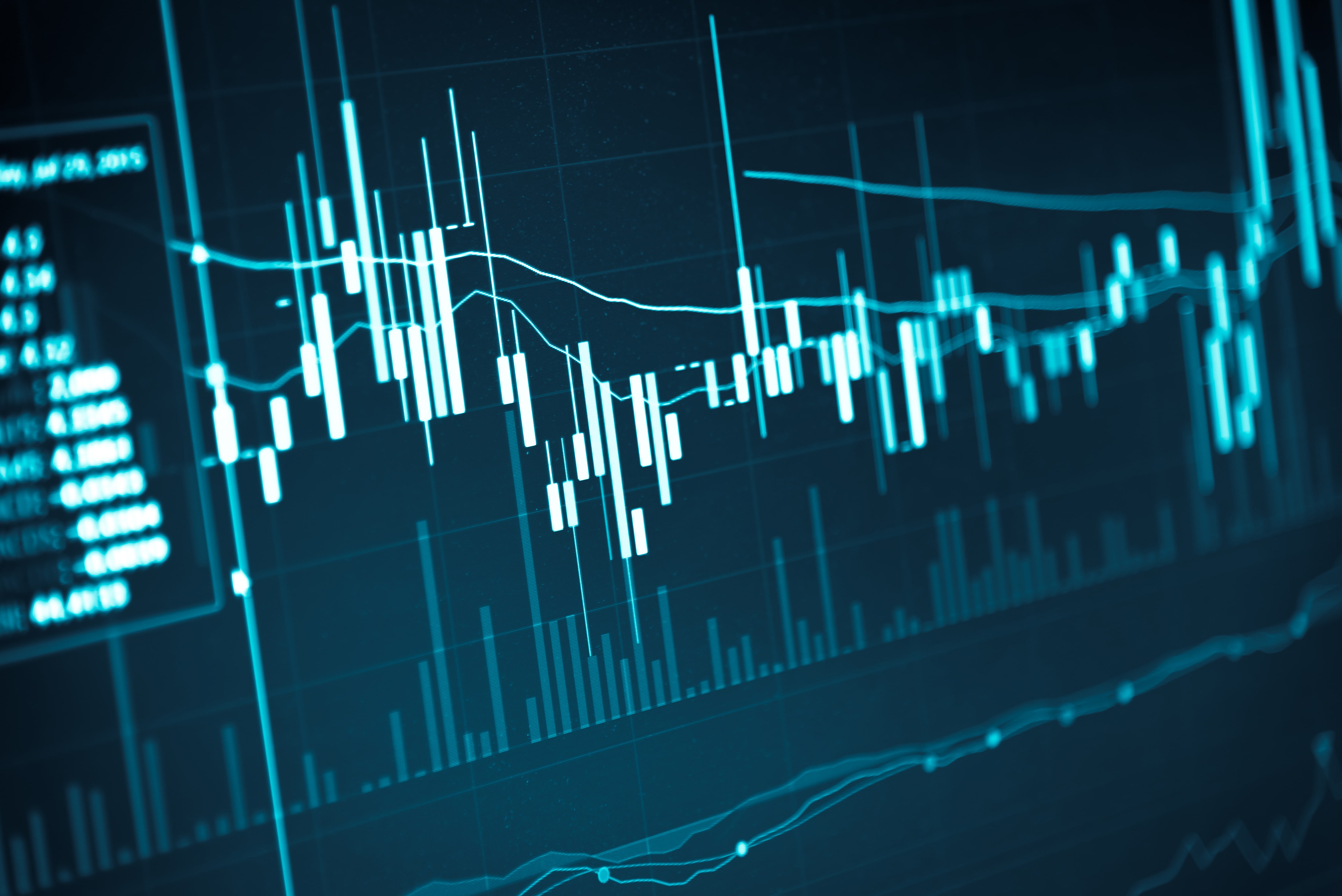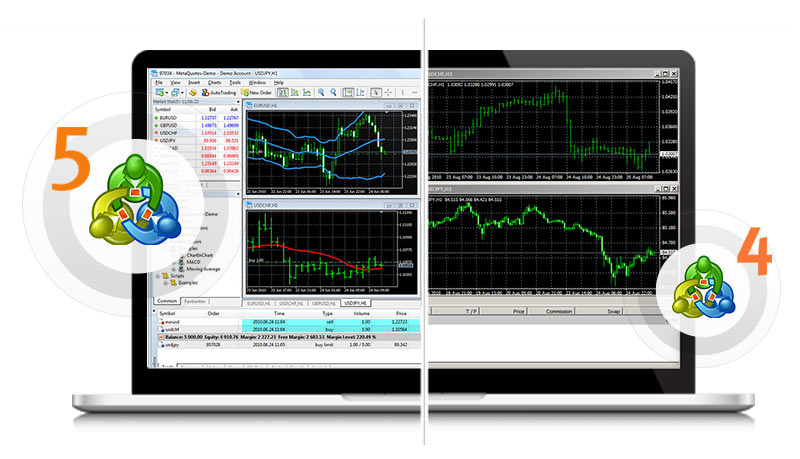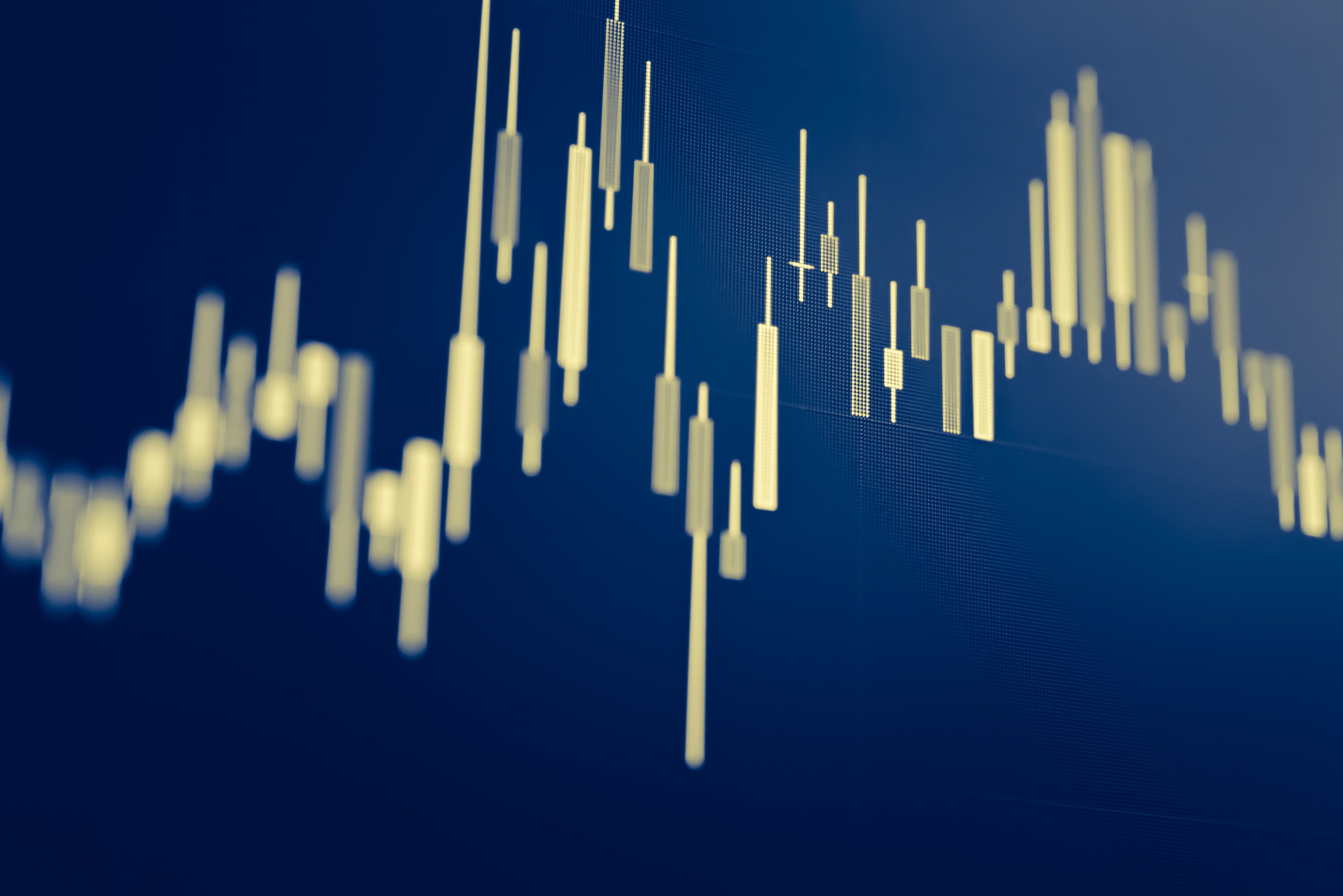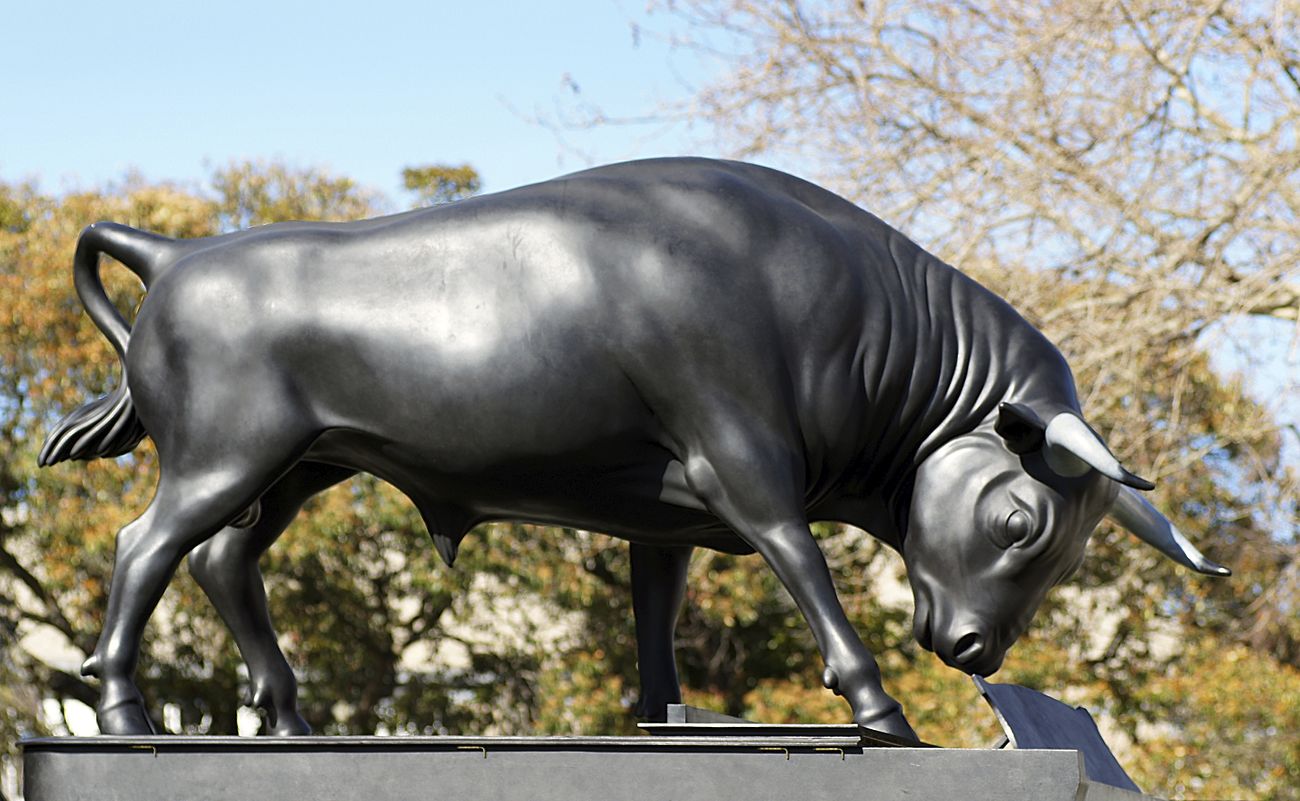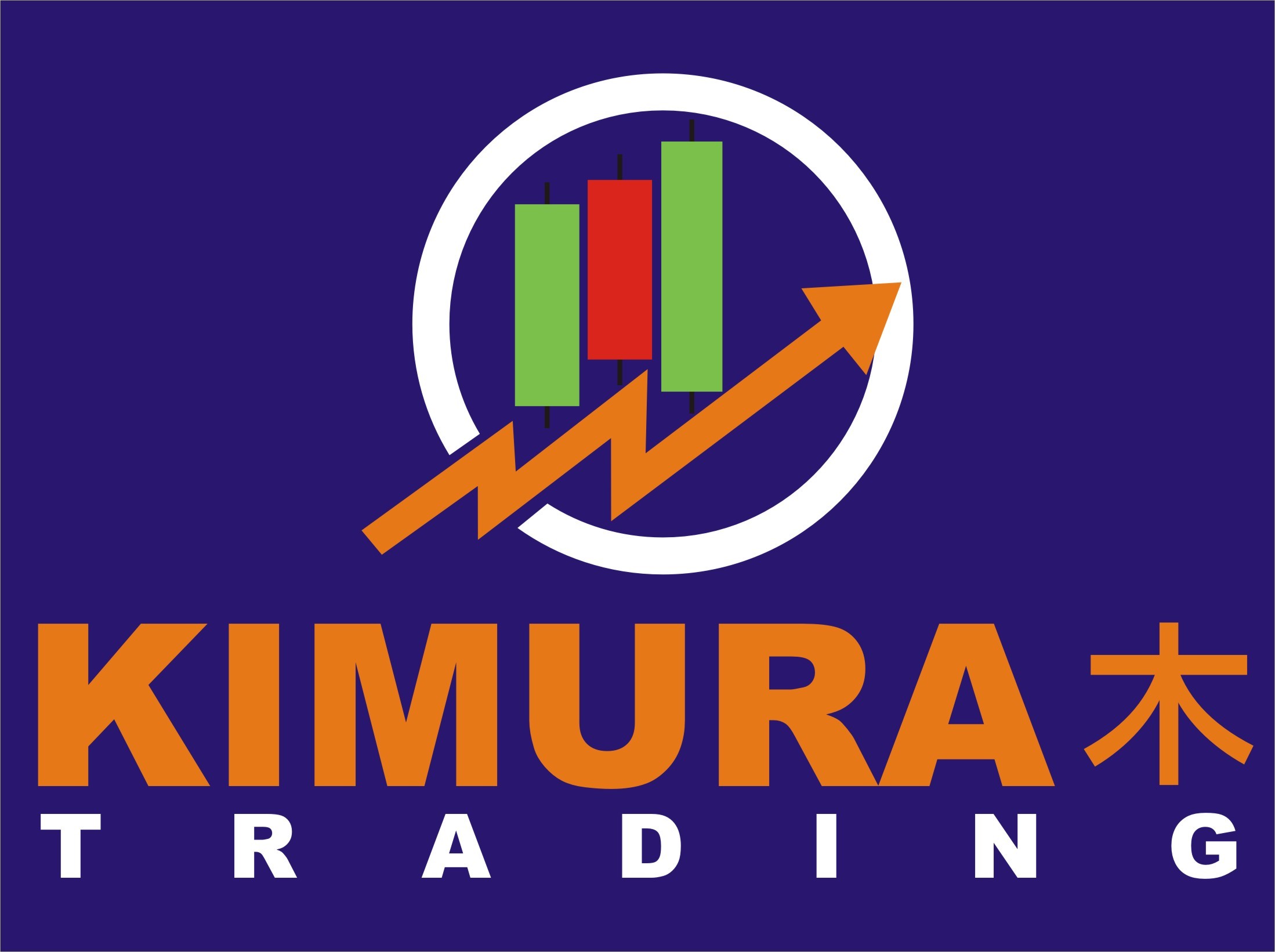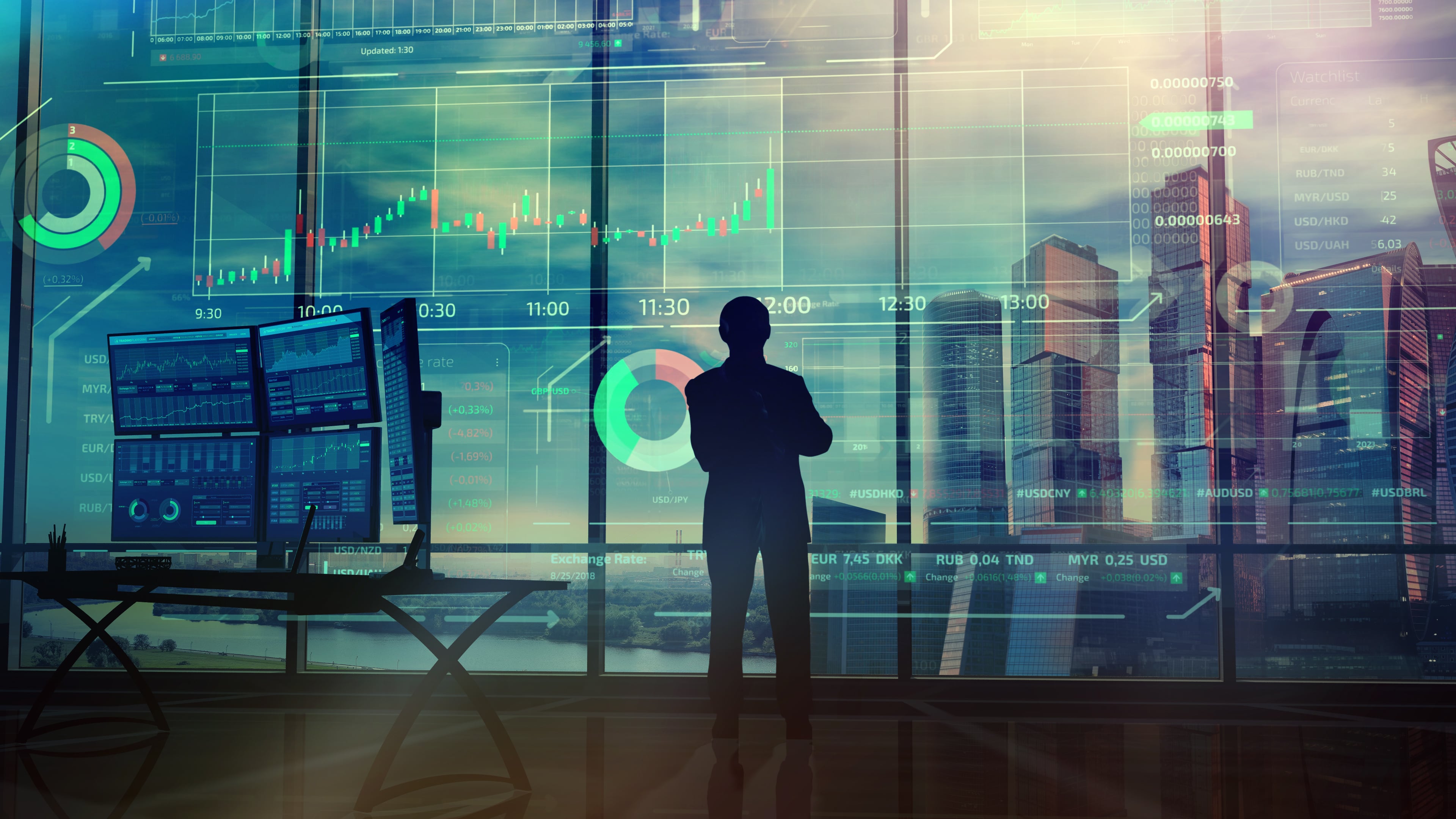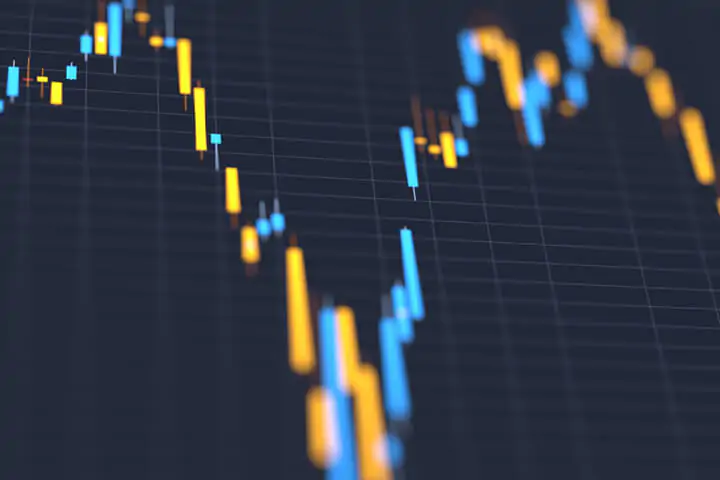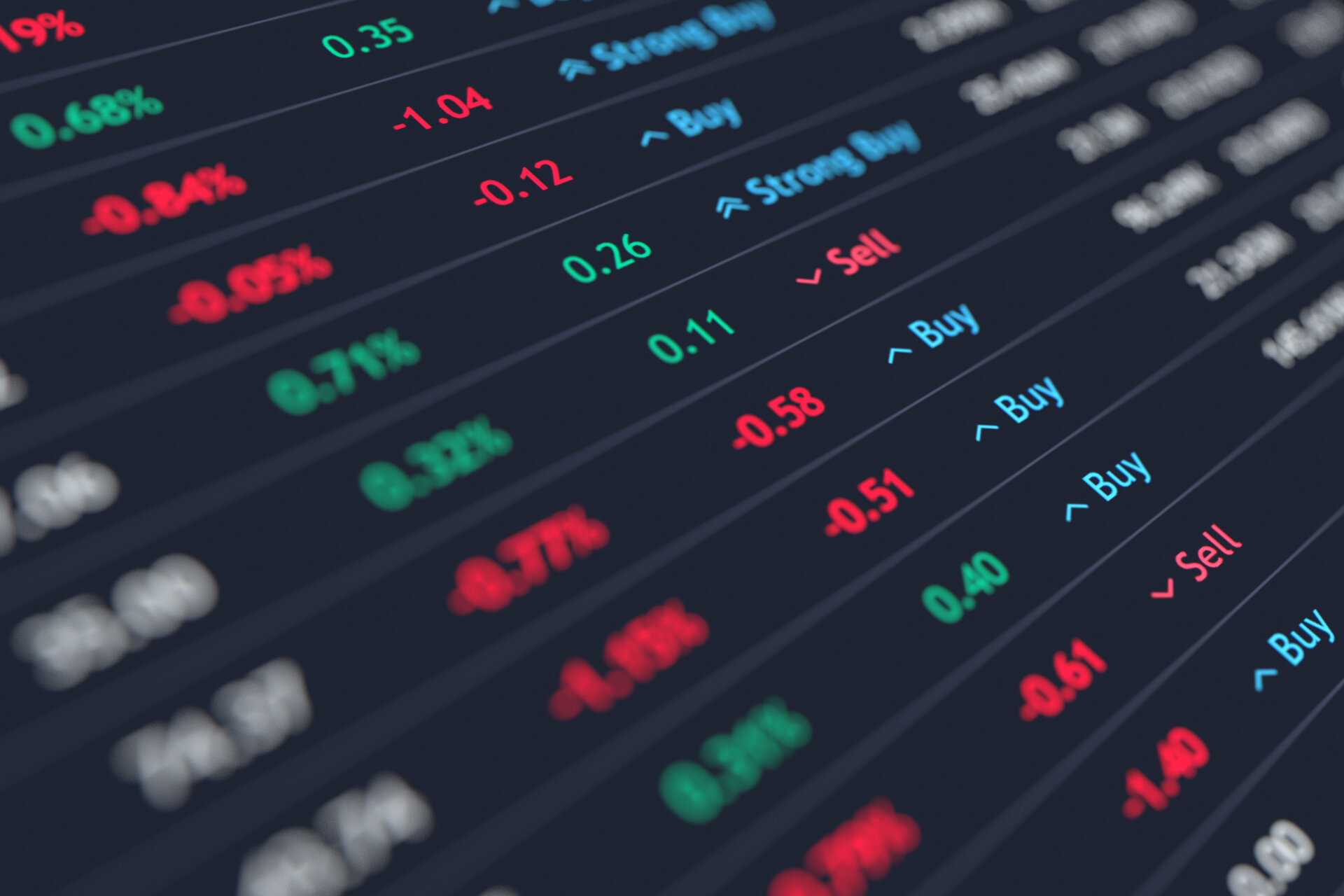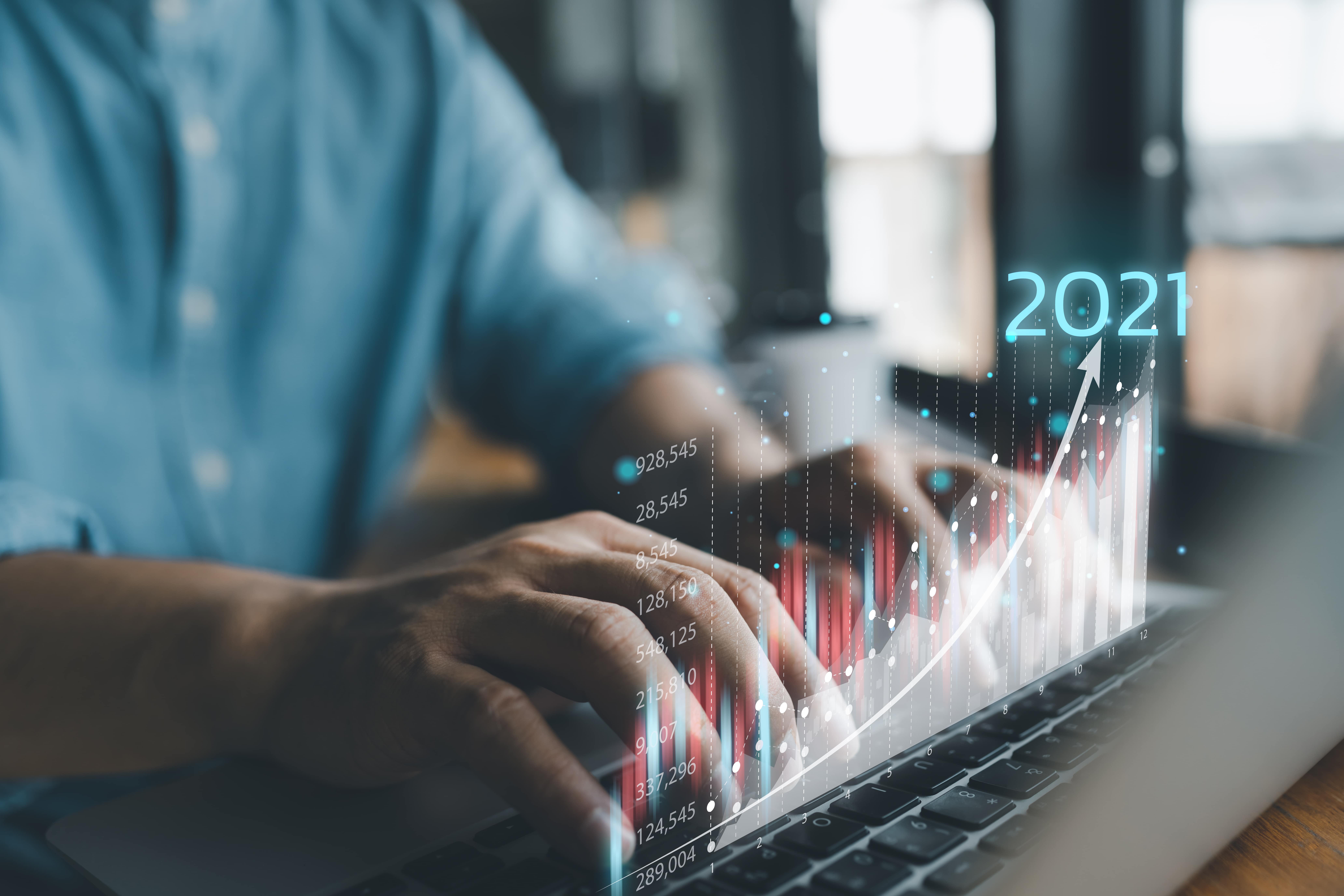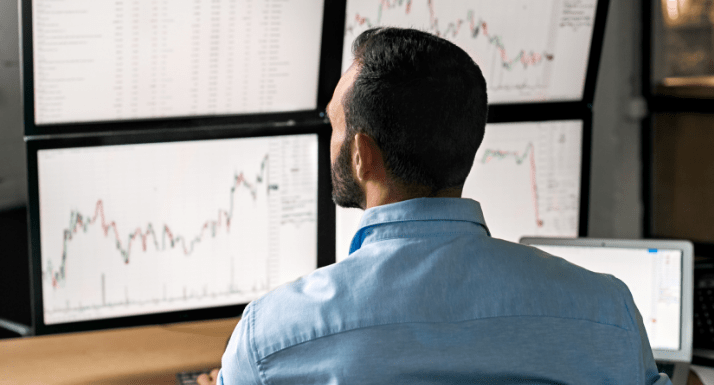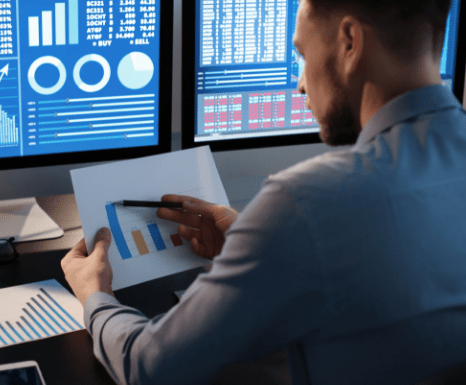How To Choose ETF Commodities
An Exchange Traded Fund, also known as an ETF, is a basket of securities that you can buy and sell on the stock market in the presence of authorized brokerages. Funds traded on the stock market make it possible to invest in many securities and investment instruments with different characteristics simultaneously.
Combining the versatility of individual securities trading with the diversification feature of mutual funds, exchange-traded funds offer solutions. It also provides a flexible solution to users who want to evaluate their savings in different baskets. Exchange-traded funds, which incorporate popular investment instruments such as stocks, bonds, gold, foreign currency, commodities, and bills, are traded on stock exchanges. In this way, investing in hundreds of stocks through a single ETF is possible by investing in exchange-traded funds. As ALB, we will share what you wonder about ETF commodities in this article.
Commodity ETFs
"Commodity" is the name given to all goods and products traded. Commodities are generally used as materials to manufacture other goods or products. The institutions where commodities are traded are called "commodity markets" or "commodity exchanges." In these organizations, regardless of which company or companies produce the commodity, all goods and products are treated and evaluated equally and fairly.
Exchange-traded funds (ETFs) are investment vehicles that allow investors to purchase a collection of assets, such as stocks, bonds, or commodities, all at once. ETFs are similar to mutual funds, allowing investors to pool their money and invest in various assets.
The main difference between ETFs and mutual funds is that ETFs are traded on exchanges like stocks. As a result, ETFs can be sold throughout the day, just like any other stock. On the other hand, mutual funds can only be traded when priced according to the net asset value of the fund assets at the end of the day.
Best Commodity ETFs
Trading on a commodity exchange uses futures contracts. It is a type of derivative where two parties agree to buy and sell a particular commodity at a future date, similar to options.
As in the options tradings, most futures contracts are liquidated before delivery. However, unlike the options market, most trading in the futures market is about the actual delivery of products to the end users.
Most participants in futures markets are commodity producers or consumers who trade futures to maximize the value of their assets and reduce the risk from price volatility. Some speculators try to profit from price changes in futures contracts.
Abrdn Bloomberg All Commodity ETF (BCD)
iShares GSCI Commodity Dynamic Roll Strategy ETF (COMT)
Abrdn Physical Palladium Shares ETF (PALL)
Invesco DB Oil ETF (DBO)
Invesco DB Commodity Index ETF (DBC)
Invesco DB MS Energy (DBE)
United States 12-Month Oil (USL)
United States 12-Month Natural Gas ETF (UNL)
To avoid overlooking opportunities arising from significant developments in the Forex market, it's imperative to stay actively engaged in this realm. We encourage you to keep abreast of the latest trends and updates by following our social media accounts and visiting our website, where you can access comprehensive information about Forex transactions, including those with and without leverage, that can help you make informed investment decisions for the future. At ALB, we strive to provide you with the knowledge and insights necessary to fully understand the complexities of the Forex market.

